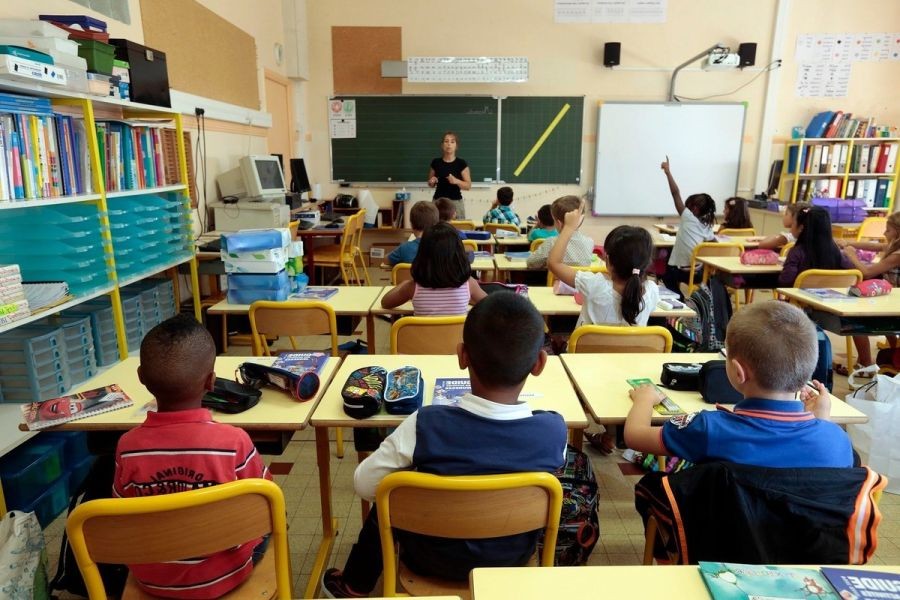In a world where education is the cornerstone of future success, helping your child excel in New Zealand's public school system is both a challenge and an opportunity. With recent data from the Ministry of Education indicating that student performance directly correlates with parental involvement, understanding how to effectively engage with your child's education becomes vital. But what does it take to navigate the intricacies of New Zealand's schooling system and ensure your child's success?
Pros & Cons of New Zealand’s Public School System
The New Zealand public school system is renowned for its comprehensive curriculum and commitment to inclusivity and diversity. However, like any system, it has its strengths and weaknesses that parents must navigate.
✅ Pros:
- Comprehensive Curriculum: The New Zealand Curriculum is designed to provide a broad education, allowing children to explore various subjects and interests.
- Focus on Inclusivity: Schools actively promote diversity and inclusivity, creating a welcoming environment for students of all backgrounds.
- Government Support: Public schools benefit from significant government funding, ensuring access to quality resources and facilities.
- Community Involvement: Schools often engage with the local community, enhancing the educational experience through various programs and partnerships.
❌ Cons:
- Resource Limitations: Despite government support, some schools face resource constraints, impacting the availability of extracurricular activities and specialized programs.
- Variability in Quality: The quality of education can vary significantly between schools, often influenced by location and socio-economic factors.
- Overcrowded Classrooms: In urban areas, classroom overcrowding can be an issue, affecting individual attention for students.
- Standardized Testing Pressure: The emphasis on standardized testing can sometimes overshadow creativity and critical thinking.
Expert Insights & Strategies for Success
To help your child thrive in New Zealand's public schools, consider these expert-backed strategies:
1. Encourage Active Participation
Active parental involvement is crucial. According to a study by the University of Auckland, students whose parents regularly engage with their education tend to perform better academically. Attend parent-teacher meetings, volunteer for school activities, and maintain open communication with educators.
2. Foster a Growth Mindset
Encouraging a growth mindset in your child can significantly impact their learning experience. Educational psychologist Carol Dweck's research highlights that children who believe their abilities can be developed through hard work are more resilient and achieve higher academic success.
3. Support Extracurricular Activities
Extracurricular activities are vital for well-rounded development. Encourage your child to participate in sports, arts, or other interests. This not only enhances their social skills but also fosters discipline and time management.
Case Study: Success in Action
Consider the story of the Greenhithe School in Auckland. Faced with limited resources, the school implemented a parent-led initiative to enhance student learning through technology. By fundraising and collaborating with local businesses, they introduced digital learning platforms that improved student engagement and academic performance. Within a year, the school reported a 20% increase in student achievement in core subjects.
Common Myths & Mistakes
Myth: More Homework Equals Better Performance
Reality: Research from the New Zealand Council for Educational Research indicates that excessive homework can lead to burnout and stress, negatively impacting student performance. Balance is key.
Myth: Public Schools Lack Quality Education
Reality: Many public schools in New Zealand outperform private schools in standardized tests, thanks to the robust national curriculum and committed educators.
Mistake: Neglecting Social Development
While academic success is important, social skills play a crucial role in a child's overall development. Encourage social interactions and group activities to enhance communication and teamwork skills.
Future Trends & Predictions
As New Zealand continues to invest in digital education, the integration of technology in classrooms will become more prevalent. By 2028, it is expected that 75% of schools will incorporate virtual reality and AI-driven learning tools to enhance the educational experience (Source: MBIE Education Future Trends Report 2024).
Conclusion
Helping your child succeed in New Zealand's public schools requires a balanced approach that combines academic support, extracurricular involvement, and emotional well-being. By actively engaging with your child's education, fostering a growth mindset, and supporting their interests, you can set the foundation for lifelong success. What strategies have you found effective in supporting your child's educational journey? Share your thoughts and experiences below!
People Also Ask (FAQ)
How does parental involvement impact student success in New Zealand?
Studies show that active parental involvement can lead to higher academic achievement and improved student behavior, underscoring its importance in the educational process.
What are the key challenges facing New Zealand public schools?
Key challenges include resource limitations, classroom overcrowding, and variability in educational quality, which can impact the overall learning experience.
Related Search Queries
- How to support my child in NZ public schools
- New Zealand education system overview
- Parental involvement in NZ education
- Top public schools in New Zealand
- Extracurricular activities in NZ schools































